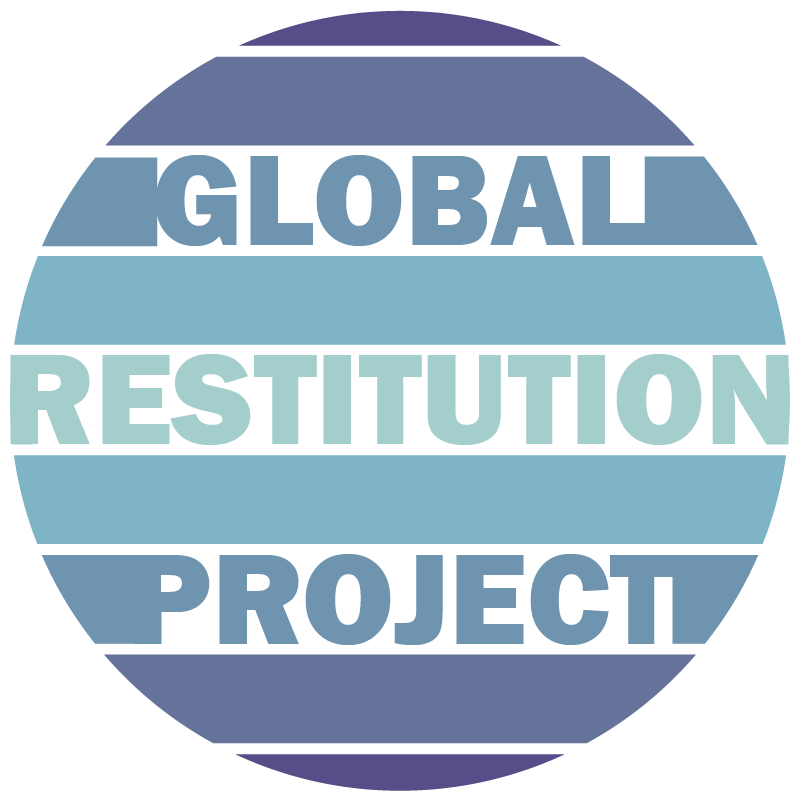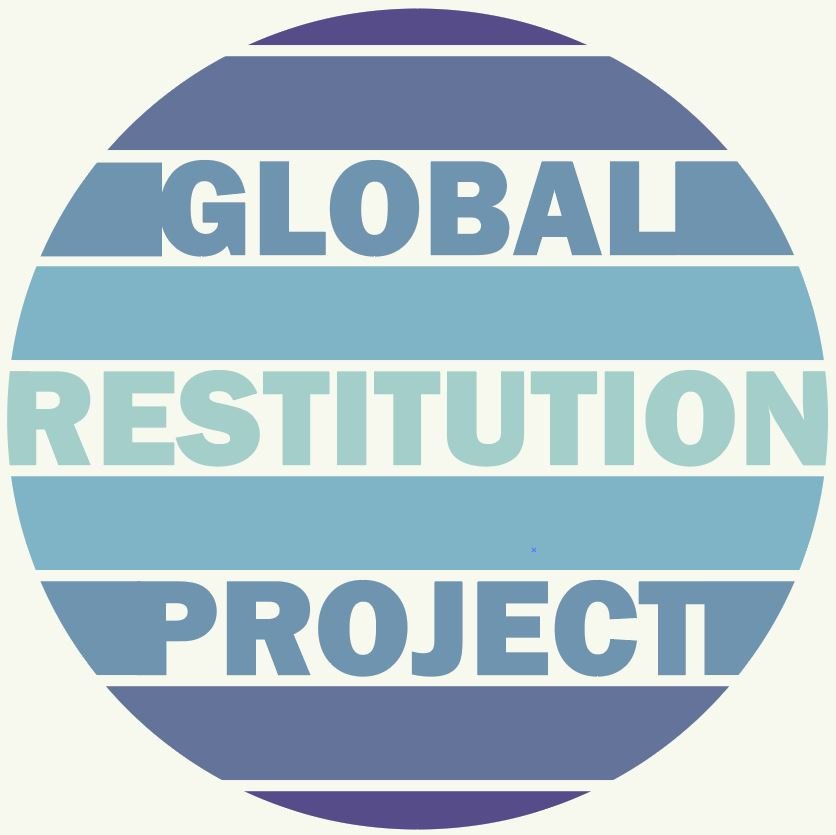Meeting Gertrude
Gertrude and I met in Cape Town when I was 19 and she was 34. Before we'd known each other a whole day, she asked me if I would write her biography. She said, "I have so many stories I want to tell, but I feel unable to write them." I said, "I know how to write, but I don't have any stories to tell. I'd love to." I lived about an hour from Gertrude, near the University of Cape Town. In order to really have time together to talk and write, I would need to begin spending weekends at her house.
The first time I spent the weekend at Gertrude's, her family watched me carefully as I drank tea from their mugs and excused myself to use their toilet. They apologized for not having alternative mugs and for only having one bathroom. I had no idea what they were sorry for.
The time we spent together that first weekend was hilarious and joyful, helping me to stave off the homesickness that I felt for my own, very tightly knit family. I walked on a nearby beach with Gertrude's daughters, ages 10 and 11. They told me about how--only 10 years before, still in their short lifetimes-- signs on that very beach had marked it "For Whites Only." I stayed up late both nights listening to Gertrude and her husband tell me more about their lives, and what it had been like for them to grow up under Apartheid.
By the time I left, the mystery of their early behavior came clear. Laughing herself almost to tears, Gertrude told me how surprised they had been that I would be willing to drink out of their mugs. They watched me carefully as I left the room to use the bathroom, baffled that a White person would use the same toilet they used. They painted the room I would sleep in because they didn't want me to think it was dirty. But the smell of paint had been so strong that nobody ended up sleeping in it. I had been oblivious to all of it. These revelations drove home for me how powerful it was that we were forging this friendship--in the context of a history and a country that had criminalized such connection.
As time went on, I spent more time with Gertrude and her family than I spent apart from them.
I returned after my semester abroad to live with the Sgwentu for the summer months between my junior and senior in college. Since that time, we have talked every month and seen each other every few years. Gertrude came to my college to hear the presentation of my thesis--her biography. I returned to Cape Town for a year to turn my thesis into a book. She came to the U.S. for my commitment ceremony. She came to visit me in Israel-Palestine, when I was living there with my partner. I became a godmother to Gertrude's first grandchild. We took our first child to Cape Town to meet her South African family when she was 5 months old. Gertrude gave Xhosa names to both my children. She came to the U.S. to meet my children when they were 9 and 6. We brought our family to spend Christmas and Hanukkah with hers in Cape Town right before Covid hit. When I am frustrated or sad or can't see a way forward, there's nobody I'd rather talk to.
Throughout our time together, Gertrude has always worked to share resources in her community. If she went to a workshop to learn a new skill, she would turn around and offer the workshop for community members on the same subject. If someone needed seed money for a business or money for school fees, she would find ways to connect them with the funding. Even her daughters had to hold ballet classes on weekends to teach what they were learning to other children. At the times when she had the least to spare, she found ways to share. She taught me that giving is a muscle, and that if we don’t give when we have very little we won’t be able to give even a small percentage when we have more.
Through Gertrude, I learned to feel the threat and violence of state sponsored racism.
And I witnessed the loss--to the entire country--that occurs when a government tries to segregate by race, dehumanize Black people, make White people think they are superior, and render one part of its population a permanent, disposable servant class. I am grateful for the rage and grief I learned to feel about racism through my time with Gertrude. I'm grateful to have learned that no matter how indignant I might become about racism, I am ultimately a White person who has benefited from racism in material ways; and therefore have a responsibility to interrupt and stop it. But most of all, I am grateful for her friendship, inspiration, and wisdom, which help me to keep perspective on this life long journey of living and working for racial justice.
With love from both our families!
Read Gertrude’s Stories Here
-
Nonzwakazi
Gertrude and I ultimately wrote two different versions of her life story. The first, Nonzwakazi: One Woman's Story in South Africa, was my senior thesis in college. It is the story of Gertrude's life in the context of South African history, as it unfolded from the day she was born. Gertrude and I used her story to demonstrate how the personal is political and the political is personal. It is not a story of all of South Africa, but a story of how the policies of the Apartheid government impacted one Black, Xhosa child on her life's journey. It is told in my voice, with extensive quotes from Gertrude.

-
My Scar, My Road
The second book, My Scar, My Road, is Gertrude's life story told entirely in her own words. I recorded her stories, transcribed them, and put them together in book form. All of the words are her own.







